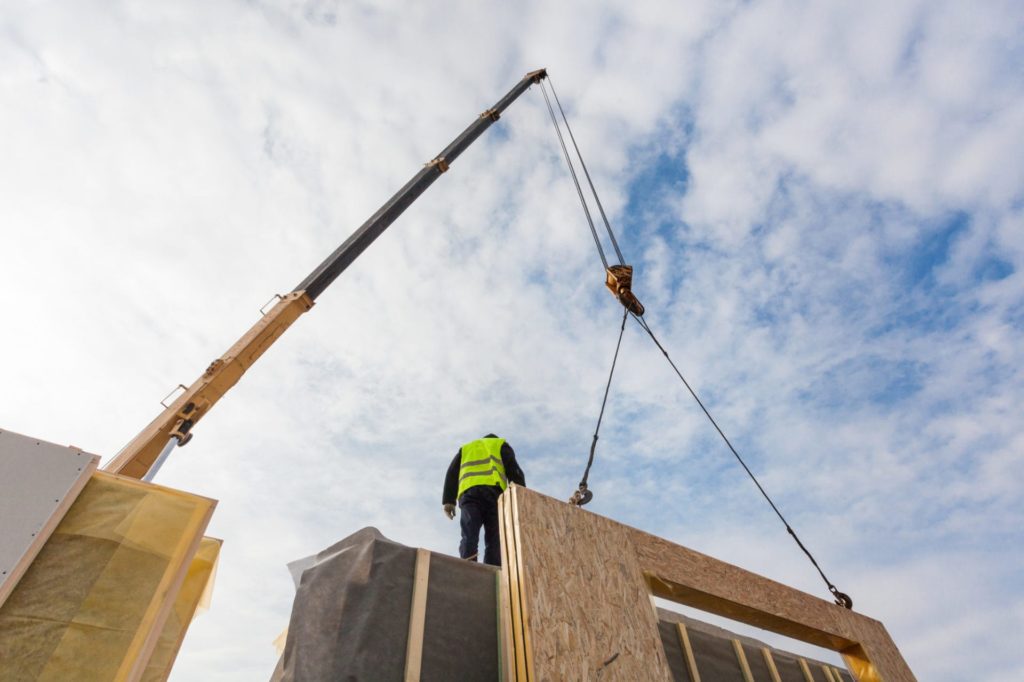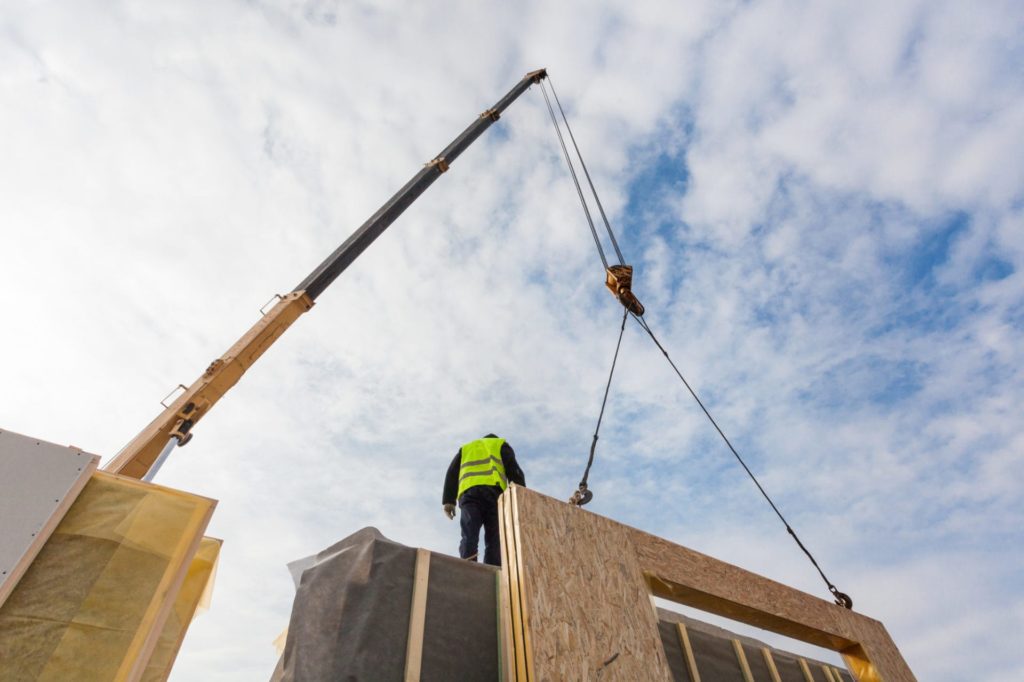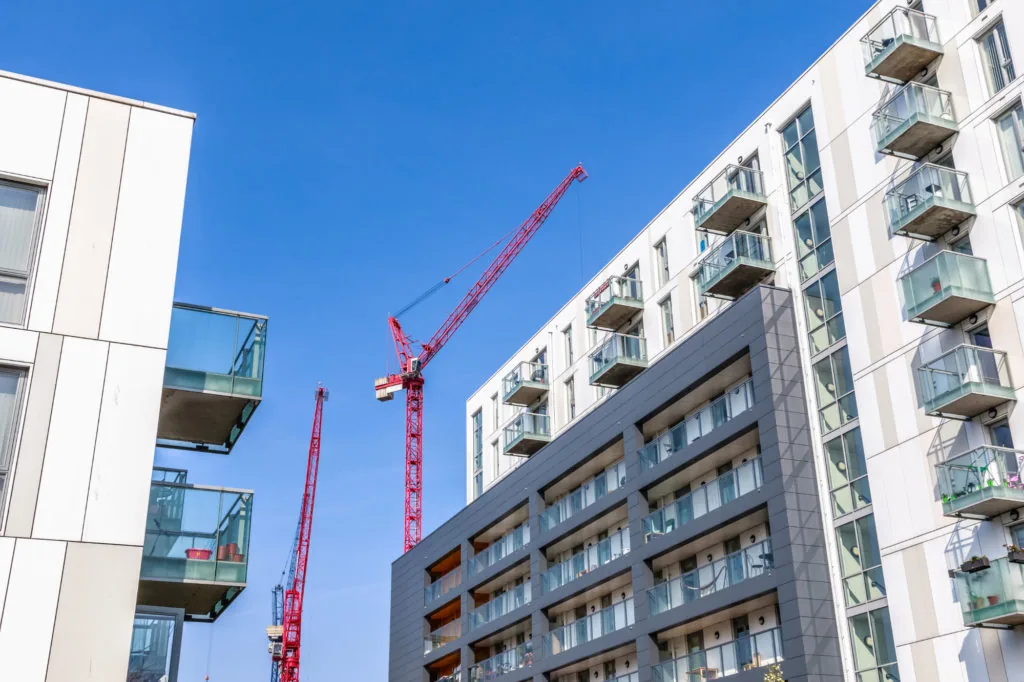
Consumer Code for Home Builders: what has changed in the fifth edition?

By Rebecca Kibby, Yanthé Richardson, Tom Bradley
6 Feb 2024 | 1 minute read
The Consumer Code for Home Builders (“the Code”) aims to protect new-build buyers by setting standards that housebuilders must meet when marketing, selling and providing after-sales service. The fifth edition of the Code – which came into effect on 1 January 2024 – is updated to “strengthen protection for consumers, clarify expectations for housebuilders and provide greater alignment to others in the marketplace”. But what are the key changes developers need to know about?
Who is impacted?
From the new year, all housebuilders entering into a reservation agreement with a buyer purchasing a new-build home in the UK and who are members of a Home Warranty Body must comply with the updated Code.
What are the changes housebuilders should be aware of?
The fifth edition of the Code gives much greater detail and guidance to both developers and buyers at all stages of the transaction, including timescales within which matters should be dealt with to help improve customer service and confidence. The changes imposed by the Code that are of particular importance to developers are:
This prevents housebuilders from offering financial incentives to buyers to make a reservation or to complete the purchase of a home that has not met warranty control standards.
Developers are also obliged to declare any commission received when recommending products or advisers to the buyer.
More comprehensive pre-contractual information must be provided by developers to buyers and their advisers, so they can make suitably informed decisions. These requirements now include planning consent reference numbers under which the home shall be built, details of future building phases to be completed and the standard to which the home is being built. This will contain confirmation of compliance with building regulations and the expected energy performance of the property.
Should buyers have any questions, Developers must acknowledge receipt within five days and provide an answer within a reasonable time frame.
Buyers are now entitled to a 14-day cooling off period for cancelling reservations, with housebuilders required to return the reservation fee in full. As part of this, developers are permitted to retain reasonable costs incurred in processing the reservation fee on the basis that those costs are made clear when the buyer enters into the reservation agreement.
Practically, developers will need to be transparent about the costs of processing the reservation fee refund and the deductions made. Developers will need to be seen to mitigate costs as far as possible. The easiest way of doing so is implementing a standardised refund process and ensuring deductions made align with others in the industry.
Introduces a requirement for housebuilders to permit a pre-completion inspection of the house to identify snags with fittings, fixtures, and services. The developer must allow the buyer to employ a professional adviser to undertake the inspection and it be performed at least 14 days before completion.
The aim of the pre-completion inspection is to allow for any necessary changes to be made and completion to remain unaffected. However, developers will need to be mindful of the suggested timeframe for inspection in certain situations. Examples include when looking to push through completions at the end of a year or if a Notice to complete has been served. In instances like this, the developer will need to agree with the buyer the suggested pre-inspection period of 14 days is reduced.
Guidance is provided as to what must be incorporated into complaint procedures. To provide further transparency to the buyer, housebuilders must now supply the purchaser with a written statement of both the process of making a formal complaint and how to escalate it to the Independent Dispute Resolution Scheme (“IDRS”) or Home Warranty Board, should they fail to agree a resolution. The procedure must detail the timescales of both acknowledging the complaint (5 working days) and providing a detailed response (20 working days).
If a complaint progresses to the IDRS, the Code confirms the maximum amount that can be awarded has increased from £15,000 to £50,000.
Developers will need to ensure they have internal processes and the infrastructure in place to respond to complaints, as well as pre-contract information requests, to comply with the timeframes that the Code sets.
What actions do developers need to take?
There are several actions developers can take to ensure a smooth transition to the fifth edition of the Code takes place:
- Make sure staff receive the free, updated training course provided by the Code.
- Review policies, procedures and welcome packs at the pre-sale, pre-completion, and post-completion stages of the purchase.
- Review and update complaints handling procedures.
- Cross reference changes made with the Code Compliance Checklist.
- Use sample agreements the Code provides.
Please contact us for any help or information in ensuring you are compliant with the fifth edition of the Consumer Code for Home Builders.












